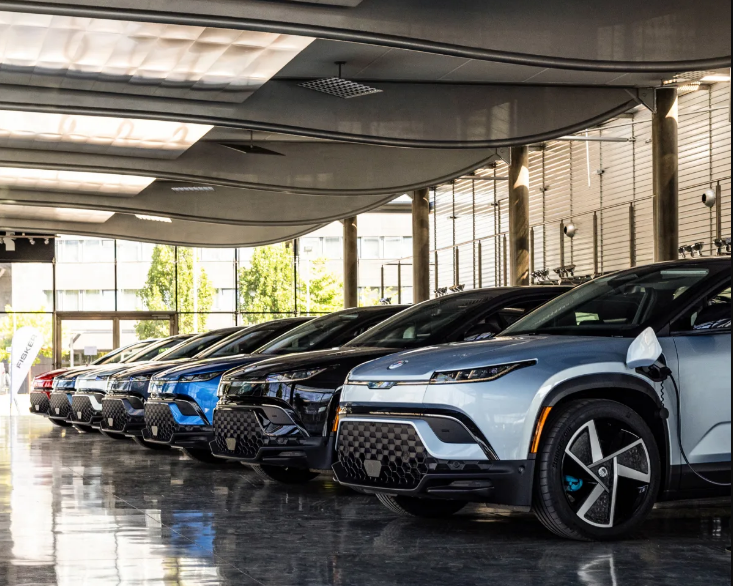Fisker Inc., the electric vehicle (EV) startup, announced on Wednesday a significant recall impacting over 18,000 cars across North America and Europe. This recall addresses software malfunctions and safety compliance issues, marking another challenge for the financially struggling company.
Software issues and safety non-compliance
The recall includes 11,201 Fisker Oceans in the United States, Canada, and Europe. The primary concern involves software issues that could cause the vehicle to enter a “safe state protection mode,” potentially leading to a loss of motor power. Additionally, Fisker is recalling 6,864 Fisker Oceans in the United States because these vehicles do not meet Federal Motor Vehicle Safety Standards (FMVSS) concerning gauges and telltale icons in the cluster display. In Canada, 281 vehicles are affected by similar issues.
Fisker aims to resolve these problems through an over-the-air update to its Ocean OS vehicle software, expected to be completed by June 30. Vehicles already updated to the latest software version are not included in this recall.
Ongoing safety investigations
Fisker’s only model currently in production, the Ocean SUV, is under investigation by the U.S. National Highway Traffic Safety Administration (NHTSA) for four safety-related incidents. The latest investigation, announced last month, examines complaints about the vehicle’s automatic emergency braking system being inadvertently activated.
These ongoing investigations add to Fisker’s challenges as it strives to build consumer trust and establish a firm foothold in the competitive EV market. Ensuring vehicle safety and compliance with regulations is critical for the company’s long-term success.
Financial struggles and strategic setbacks
The recall comes at a difficult time for Fisker, which is already facing significant financial difficulties. In May, its Austrian unit filed for bankruptcy protection. This move underscores the broader financial challenges the company is facing as it seeks additional investment to sustain its operations.
Talks for a potential investment with a major automaker recently collapsed, adding to Fisker’s financial woes. The company’s need for new capital is pressing as it navigates these setbacks and aims to continue its growth trajectory in the EV sector.
Broader implications for the EV industry
Fisker’s situation highlights the broader challenges faced by new entrants in the EV industry. High development costs, strict regulatory requirements, and competition from established automakers and other startups make it difficult for new companies to succeed. The transition from traditional internal combustion engines to electric powertrains involves significant investment in research, development, infrastructure, and compliance.
Established automakers benefit from extensive experience, robust financial backing, and well-established supply chains. In contrast, startups like Fisker must build their brand and market presence while navigating these complex challenges.
Fisker’s recall of over 18,000 vehicles due to software and safety compliance issues presents significant challenges for the company. As it addresses these immediate concerns, Fisker’s ability to navigate this critical juncture will determine its future in the competitive EV market. Ensuring vehicle safety, securing financial stability, and maintaining customer trust are crucial steps for Fisker’s continued growth and success.


